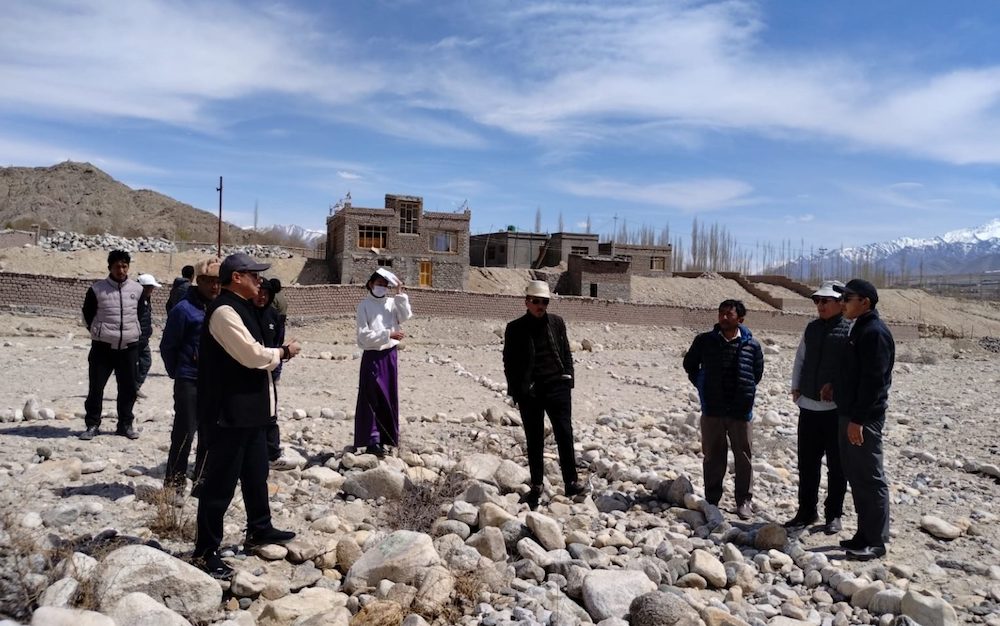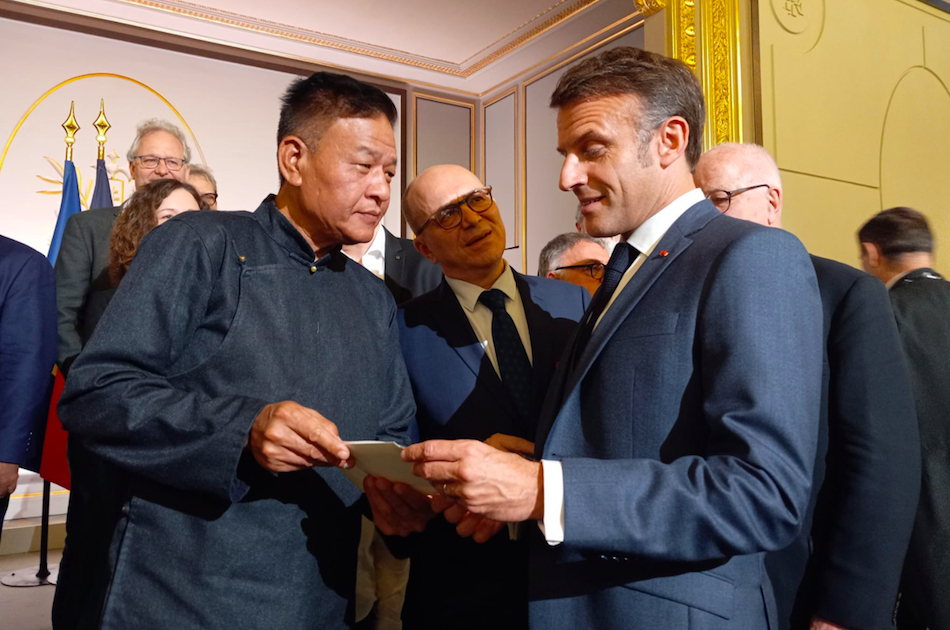Pew Global Attitudes Project survey suggests that Chinese attitudes have historically been prejudiced towards India
New Delhi – There seems to be bonhomie on both sides of the McMohan Line.
While the world is toasting Chindia and New Delhi is getting ready to roll out the red carpet for President Hu Jintao’s visit, a recent poll has shown that all is not hunky-dory.
No doubt both neighbours are making efforts to build bridges. At least at the official level. But does the man on the street in Beijing and New Delhi share this bonhomie?
A recent Pew Global Attitudes Project survey found that China’s neighbours (including India) are worried about its growing military strength. It reveals a good deal of dislike, if not outright hostility, in the way major Asian countries view their neighbours.
Predictably, the deepest divide is between traditional neighbours China and Japan and India and Pakistan. But there are other divides too. Both the Chinese (7%) and Japanese (16%), for example, have unfavourable views of Pakistan. But what’s surprising is that while 43% Indians feel negatively about China, mainly because of ’62 war, 39% Chinese too feel the same way about India. What’s more, 37% respondents in India also say they have little or no confidence in President Hu. It’s expected, say experts. “Such ill-will is rooted in the negative stereotyping of India in Chinese school textbooks,” says Brahma Chellaney, professor, strategic studies, Centre for Policy Research.
“Not only do the textbooks black out China’s invasion of Tibet and India, they actually paint India as the aggressor. How China distorts history is also evident in the Beijing military museum, which depicts India as the unprovoked aggressor of 1962,” he explains. There is a basic mistrust towards India, feels strategic expert Bharat Karnad. “It stems from old cultural templates. Traditionally for the Chinese, India has been the superior culture, the land of Buddha and has nursed an inferiority complex. But now both countries have emerged as competitors in the global market. This creates mistrust among the people,” says Karnad. Both countries fear that if they give away a little, it may be disadvantageous for them.
So where does this leave Hindi-Chini bhai bhai? Mira Sinha Bhattacharjea, emeritus fellow, Institute of Chinese Studies, the survey does not reflect the feelings of the average Chinese. There are many more Chinese learning Hindi compared to Indians learning Chinese.
Similarly, Indian films are very popular in China unlike Chinese films in India. “But yes, they do have bad feelings about the ’62 war. They feel India was responsible for it. Also, the Dalai Lama factor and the fact that we were traditionally aligned to the Soviet Union — China’s arch rival — could explain why some Chinese hold unfavourable views about India,” she says.
But China’s ambition is also pegged to the US. “They simply don’t have time to think about secondary powers like India,” she adds. “In fact, there’s no competition between the two countries even in the global marketplace, they are much ahead of India.”
Interestingly, the Pew survey also shows that 32% Indians believe China will replace the United States as the dominant superpower within the next 10 years. And 50% of Indians who were surveyed consider China’s growing economy a bad thing for them. So while the two former foes may be trying to lay their past to rest, Chindia is still too far away to take on the world.









